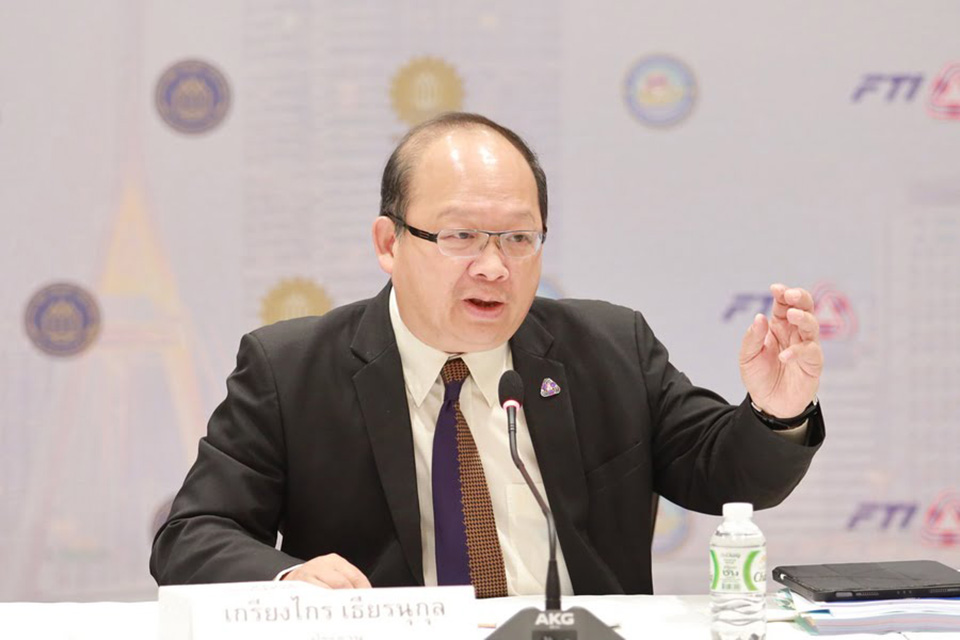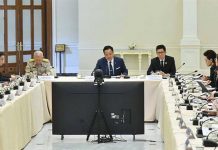
The latest meeting of the Joint Standing Committee on Commerce, Industry, and Banking (JSCCIB) has maintained its 2023 GDP growth projection at the range of 3-3.5%.
Thai Bankers’ Association President and JSCCIB Chairman Payong Srivanich said the Thai economy is continuing to recover, with the tourism sector being the main driver.
Meanwhile, income is higher in the agriculture and industrial sectors, resulting in more employment and consumption. The JSCCIB has therefore retained its economic growth projection range at 3-3.5% for 2023. However, Payong said the committee was concerned about the global economic slowdown affecting Thailand’s exports, which have experienced negative growth for seven consecutive months.
The committee was also worried about this year’s drought situation potentially causing as much as 36 billion baht in damages to the economy. The JSCCIB has therefore issued a letter to the prime minister calling on the government to rapidly issue drought-mitigation measures both for the urgent phase and for the long term.

Kriengkrai Thiennukul, Chairman of the Federation of Thai (FTI) Industries, meanwhile expressed concerns about the formation of the incoming government. He noted the FTI hoped a prime minister and a cabinet of ministers would emerge in August, as this would be conducive to the Thai economy.
Policies may then be issued in support of domestic consumption, while confidence would be fostered among foreign investors. Kriengkrai noted that if the formation of the new government is delayed, confidence will be affected and this would in turn result in diminished domestic spending and investment decisions by foreign investors. He added that potential political unrest could double the impact on the recovering economy and result in GDP expanding only by 2-2.5% in 2023.
The FTI chairman’s comments contradicted the views of BRC CEO Assawin Techacharoenwikun, who believed that delays to the formation of the new government would not impact confidence or purchasing power.
Assawin added that the Move Forward Party’s policy of raising the daily minimum wage to 450 baht would impact BRC’s business, saying the company already has contingency plans for various scenarios. He noted, however, that geopolitical conflicts, the Thai baht’s exchange rate and energy costs will need to be monitored going forward. (NNT)





